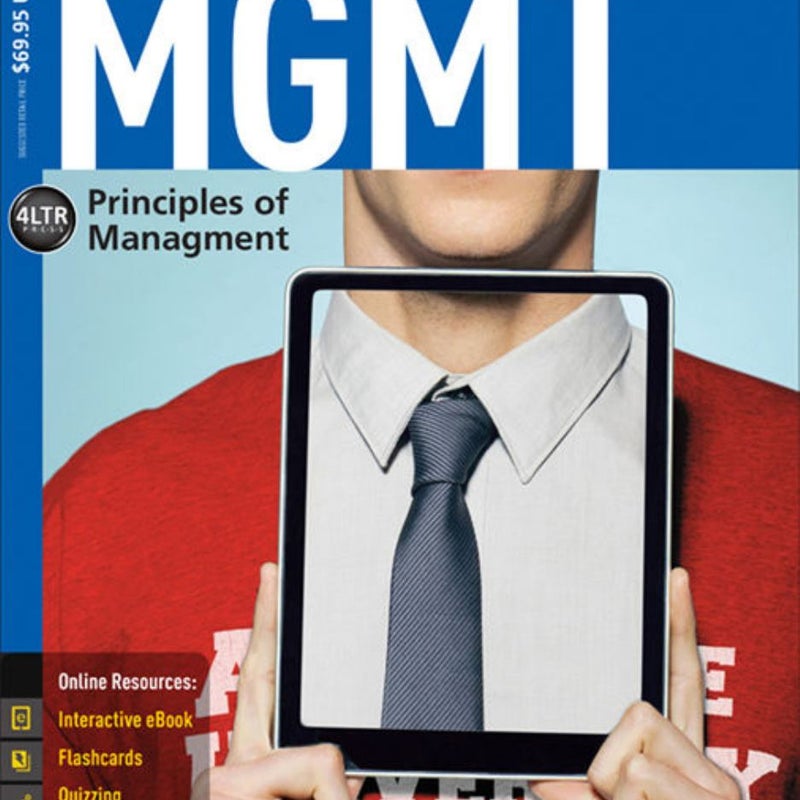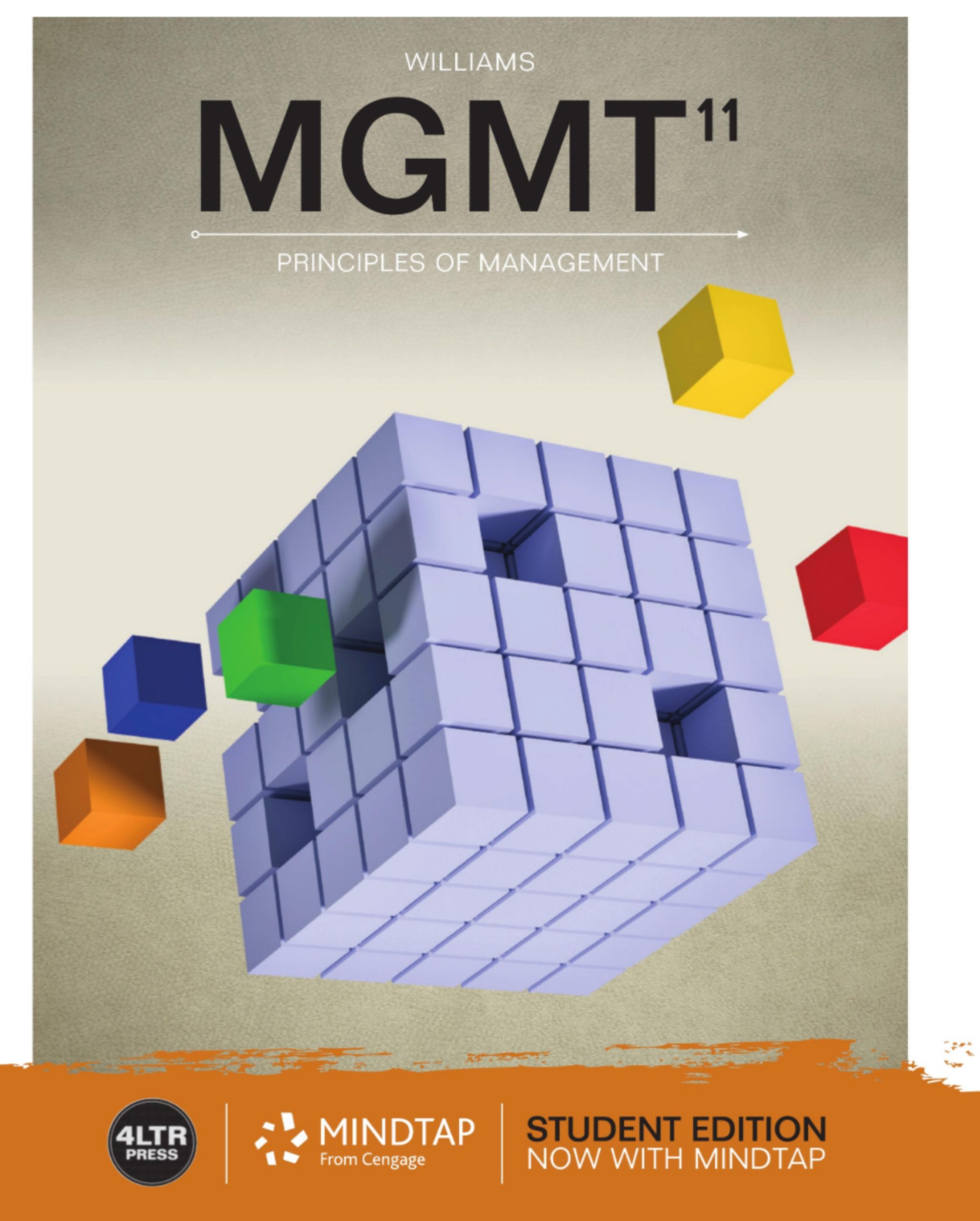Mastering MGMT Principles Of Management: Your Ultimate Guide To Success
When it comes to mgmt principles of management, you're diving into the backbone of organizational success. Think of it as the blueprint that keeps businesses running smoothly, like a well-oiled machine. Whether you're a seasoned manager or just starting out, understanding these principles is like having a secret weapon in your arsenal. They help you navigate the complexities of leadership, decision-making, and team dynamics, ensuring that you're not just managing but leading with purpose.
Now, why should you care? Because in today's fast-paced world, where change is the only constant, mastering these principles can make all the difference. Imagine being the person who not only understands the theory but can apply it effectively in real-world scenarios. That's the power of knowing your mgmt principles inside out. It's like having a GPS for your professional journey, guiding you through the twists and turns of modern management.
So, buckle up because we're about to take a deep dive into the world of mgmt principles of management. From understanding the core concepts to applying them in practical situations, this guide has got you covered. Think of it as your go-to resource for unlocking the secrets of effective management. Ready to level up your skills? Let's get started!
Read also:Rebecca Benedict Leak The Untold Story Behind The Controversy
Understanding the Core: What Are MGMT Principles of Management?
At its heart, mgmt principles of management are like the rules of the game. They're the foundational concepts that guide how organizations are run and how people work together. These principles were first introduced by Henri Fayol back in the early 1900s, and they've stood the test of time. Think of them as the timeless truths of management that still hold relevance today.
But what exactly do these principles entail? Well, they cover everything from division of work to authority and responsibility, unity of command, and fairness. Each principle plays a crucial role in ensuring that an organization runs like a well-tuned orchestra. It's not just about having a plan; it's about executing that plan effectively and efficiently. These principles help create a framework where everyone knows their role and how they contribute to the bigger picture.
For example, the principle of 'division of work' emphasizes the importance of specialization. It's like having a team where each member is an expert in their field, allowing the whole team to perform at its best. Meanwhile, the principle of 'authority and responsibility' ensures that there's accountability and that decisions are made with the right level of authority. It's all about balance and making sure that everyone is on the same page.
Why MGMT Principles Matter in Today's World
In today's ever-evolving business landscape, mgmt principles of management are more relevant than ever. They provide a solid foundation for navigating the complexities of modern organizations. Think of them as the compass that helps you steer through the stormy seas of change and uncertainty.
One of the key reasons these principles matter is their adaptability. While they were originally developed in a different era, they can be applied to virtually any industry or organization. Whether you're managing a tech startup or a multinational corporation, these principles offer a universal language of management. They help bridge the gap between theory and practice, making them invaluable tools for any manager.
Moreover, in a world where technology is reshaping the way we work, these principles help maintain the human element in management. They remind us that behind every process and system, there are people. And it's the people who ultimately drive the success of any organization. By understanding and applying these principles, managers can create environments where innovation thrives and employees feel valued and motivated.
Read also:Billie Eilish Leaked Nude Unveiling The Truth Debunking Myths And Protecting Privacy
Key MGMT Principles You Need to Know
Let's break down the key mgmt principles of management that every manager should have in their toolkit. These aren't just buzzwords; they're the building blocks of effective management. From 'unity of command' to 'equity', each principle plays a vital role in creating a harmonious and productive work environment.
Division of Work
This principle emphasizes the importance of specialization. It's all about dividing tasks among team members based on their expertise. When everyone knows their role and what's expected of them, the whole team can function more efficiently. It's like a well-choreographed dance where each person knows their steps.
Authority and Responsibility
Here's where accountability comes into play. This principle ensures that there's a clear line of authority and that responsibilities are assigned appropriately. It's about making sure that people have the power to make decisions and the responsibility to follow through on them. It's like giving someone the keys to the car but also making sure they know the rules of the road.
Unity of Command
This one's all about having a single boss. It prevents confusion and ensures that employees receive clear and consistent instructions. Imagine working in an environment where you have multiple bosses pulling you in different directions. Not fun, right? Unity of command helps eliminate that chaos.
Applying MGMT Principles in Real Life
Now that we've covered the theory, let's talk about how you can apply these mgmt principles of management in real-life situations. It's one thing to understand the concepts, but it's another thing entirely to put them into practice. Think of it as moving from the classroom to the real world.
For instance, let's say you're managing a project team. By applying the principle of 'division of work', you can assign tasks based on each team member's strengths. This not only boosts productivity but also enhances job satisfaction as people get to work on what they're good at. Meanwhile, by enforcing 'authority and responsibility', you ensure that everyone knows their role and the level of decision-making power they have.
But it's not just about individual principles; it's about how they work together. When you combine 'unity of command' with 'equity', you create an environment where employees feel valued and respected. It's about creating a culture where people want to give their best because they know their contributions are recognized and appreciated.
Common Challenges and How to Overcome Them
Of course, applying mgmt principles of management isn't without its challenges. There are bound to be obstacles along the way, but the good news is that they can be overcome with the right approach. Let's look at some common challenges and how you can tackle them.
- Resistance to Change: People naturally resist change, and introducing new management principles can be met with skepticism. The key is to communicate the benefits clearly and involve employees in the process. When people understand why changes are being made, they're more likely to embrace them.
- Conflict of Authority: When there's a lack of clarity around who has the final say, conflicts can arise. Establishing clear lines of authority and responsibility can help prevent these issues before they even start.
- Communication Gaps: Miscommunication can lead to misunderstandings and mistakes. Regular check-ins and open lines of communication can help bridge these gaps and ensure that everyone is on the same page.
Case Studies: Success Stories Using MGMT Principles
Nothing illustrates the power of mgmt principles of management better than real-life success stories. Let's take a look at a couple of examples where these principles have made a significant impact.
Case Study 1: Google
Google is a prime example of a company that has successfully applied mgmt principles. By fostering an environment of 'equity' and 'esprit de corps', they've created a workplace where employees feel valued and motivated. Their emphasis on 'division of work' has allowed them to innovate and stay ahead in the tech industry.
Case Study 2: Toyota
Toyota's success is largely attributed to their application of 'unity of command' and 'authority and responsibility'. By ensuring that everyone knows their role and has the authority to make decisions, they've been able to streamline their production processes and maintain high standards of quality.
Tools and Resources for Mastering MGMT Principles
Now that you're ready to dive deeper into mgmt principles of management, here are some tools and resources that can help you along the way. Think of them as your trusty companions on this journey.
- Books: 'Principles of Management' by Henri Fayol is a must-read for anyone serious about understanding the foundations of management.
- Online Courses: Platforms like Coursera and LinkedIn Learning offer a wealth of courses on management principles, taught by industry experts.
- Workshops and Seminars: Attending workshops and seminars can provide hands-on experience and networking opportunities with other professionals in the field.
Future Trends in MGMT Principles
As we look to the future, mgmt principles of management are evolving to meet the demands of a changing world. New trends are emerging that are reshaping how we think about management. From remote work to artificial intelligence, these trends are influencing how mgmt principles are applied.
One of the key trends is the emphasis on 'emotional intelligence' and 'soft skills'. As automation takes over more routine tasks, the human element in management becomes even more crucial. Managers are being encouraged to focus on building relationships, fostering creativity, and promoting a positive work culture.
Another trend is the shift towards more flexible and adaptable management styles. With remote work becoming the norm for many organizations, managers need to be able to adapt their principles to fit this new reality. It's about finding the right balance between structure and flexibility.
Expert Insights: Interviews with Industry Leaders
To get a deeper understanding of mgmt principles of management, we reached out to some industry leaders for their insights. Here's what they had to say.
Insight from John Smith, CEO of TechCorp
"In today's fast-paced world, mgmt principles are more important than ever. They provide a framework for making decisions and ensuring that everyone is aligned. But it's not just about following the rules; it's about understanding the why behind them."
Insight from Jane Doe, HR Director at GlobalCorp
"The key to successful management lies in understanding people. While mgmt principles provide the structure, it's the human element that brings it all together. It's about creating an environment where people can thrive and reach their full potential."
Conclusion: Taking Your MGMT Skills to the Next Level
As we wrap up this guide on mgmt principles of management, it's clear that these principles are the backbone of effective leadership. They provide the foundation for creating successful organizations and driving innovation. By understanding and applying these principles, you can take your management skills to the next level.
So, what's next? Take the time to reflect on what you've learned and how you can apply it in your own management practice. Whether it's through further reading, attending workshops, or simply experimenting with new approaches, the key is to keep learning and growing. And don't forget to share your insights with others. After all, management is a team sport, and the more we share, the more we all benefit.
And hey, if you found this guide helpful, why not drop a comment or share it with your network? The more people who understand mgmt principles of management, the better off we all are. So, go ahead and spread the word!
Table of Contents
Understanding the Core: What Are MGMT Principles of Management?
Why MGMT Principles Matter in Today's World
Key MGMT Principles You Need to Know
Applying MGMT Principles in Real Life
Common Challenges and How to Overcome Them
Case Studies: Success Stories Using MGMT Principles
Tools and Resources for Mastering MGMT Principles
Future Trends in MGMT Principles
Article Recommendations

